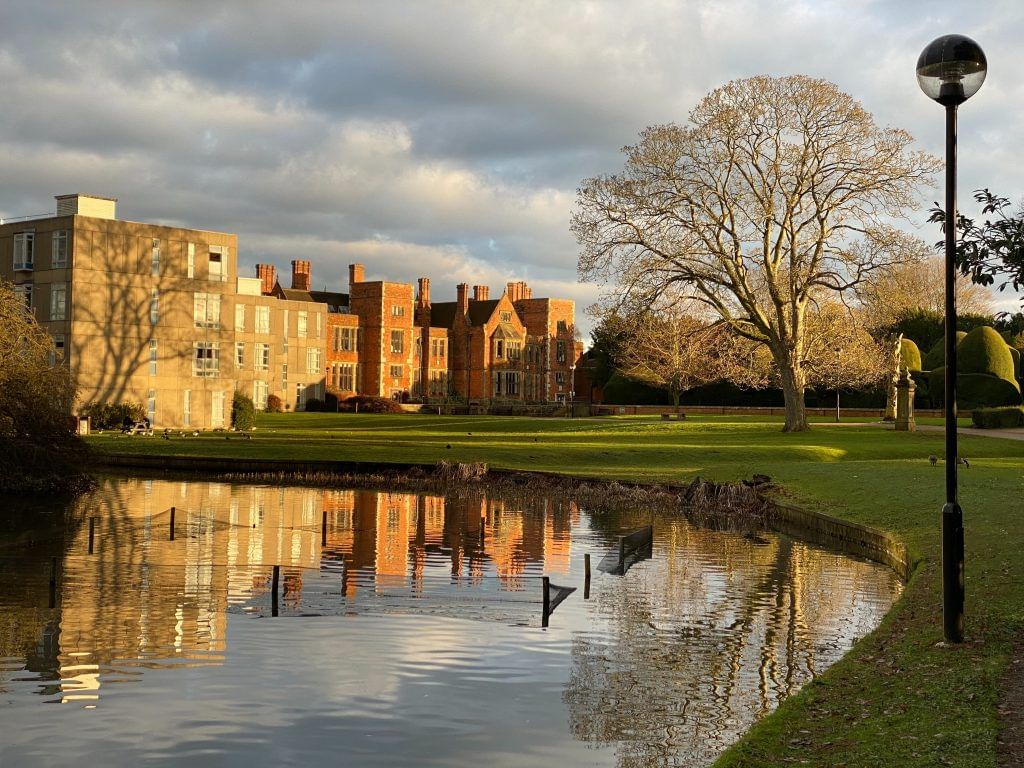Many students choose to attend university after finishing their A-levels to pursue an honours degree, but with so many options available in the UK, it’s crucial to select the best qualification for your career advancement. Types of degrees in the UK include undergraduate degrees, postgraduate degrees, taught Master’s degrees, Master’s research degrees, and PhD degrees. This article discusses the many types of degrees in the UK and the alternatives available to students based on their interests, skills, and future ambitions.
What Are The 4 Types Of Degrees In The UK?
Here’s a list of the different UK degree types which will be elaborated on below as you read further:
- Foundation Courses
- Bachelors Degrees
- Masters’ Degrees
- Doctorate
- Other Qualifications

1. Foundation Courses
Foundation courses are one-year pre-degree courses that can help you prepare for university life. You may enrol in a foundation course to improve your English language skills, learn about the UK’s education system, grasp the principles of technical subjects, or even learn about the advantages of STEM education.
2. Bachelors’ or Undergraduate Degrees
Bachelor’s degrees are undergraduate degrees that may be pursued right after high school graduation. In England, Wales, and Northern Ireland, these degrees are usually three years long. Some courses enable you to finish a bachelor’s degree in four years, including a gap year. This additional year will allow you to gain job experience or travel for a year. Bachelor’s degrees in Scotland are four years long, unlike in England, Wales, and Northern Ireland. These types of degrees in the UK are typically given in the domains of:
- Bachelor of Arts (BA)
- Bachelor of Science (BSc)
- Bachelor of Education (BEd)
- Bachelor of Engineering (BEng)
- Bachelor of Laws (LLB)
- Graduate Certificate (GradCert)
3. Masters’ or Postgraduate Degrees
A master’s degree is a postgraduate degree earned after completing a bachelor’s degree. These degrees are more focused on a particular field of study. You will be able to get in-depth information and develop specialised abilities essential to prosper in your chosen field after earning your master’s degree.
In the United Kingdom, master’s degrees are normally one year long, but you can complete them in two years if you include work placement alternatives in your curriculum to get professional experience.
You can enrol in an integrated master’s programme if you want to start working on your master’s degree straight away. If you do it this way, you can get your bachelor’s and master’s degrees in four to five years.
There are two types of degrees in the UK for postgraduate studies: taught master’s degrees and research master’s degrees. A taught master’s degree requires you to take normal classes for the first half of your programme and perform research for the second half. Among the several types of degrees in the UK, common master’s degrees include:
- Integrated master’s degree
- Master of Arts (MA)
- Master of Science (MSc)
- Master of Engineering (MEng)
- Master of Research (MRes)
- Master of Laws (LLM)
- Master of Business Administration (MBA)
4. Doctorate
You can earn a PhD after completing your master’s degree. To get a PhD, you must come up with an original research topic, do the research, and produce a comprehensive thesis on the subject. A doctorate typically takes three to four years to accomplish when compared to other types of degrees in the UK
5. Other Major Qualifications
Single Honours: A single honours degree focuses on a single topic. You can add more modules to your course as electives.
Joint Honours: If you pursue a dual honours degree, you will be able to study an array of subjects. UK universities offer integrated degrees by combining various related disciplines. Short courses, certificates, and diplomas are also provided at both the undergraduate and postgraduate levels in UK institutions.
Higher National Certificate: The HNC is a one-year undergraduate degree that is equivalent to the first year of university. It is a level 4 practical certificate obtained by students who wish to train for a specific career or continue their bachelor’s degree in the second year.
Higher National Diploma: A HND is a two-year level 5 certificate that is equivalent to the first two years of a bachelor’s degree. It’s comparable to an HNC. This occupational certificate is for students who desire to get practical experience or continue their education in the third year of a bachelor’s degree programme.
Diploma of Higher Education: A Diploma of Higher Education (DipHE) is a level 5 credential that is equal to an HND or two years of bachelor’s degree studies. Training will be more academic than practical, and gaining a DipHE will allow you to continue your bachelor’s degree in the last year.
Conversion Courses: Any student interested in changing careers should take a conversion course. They are postgraduate degrees that allow you to study a subject that was not covered during your undergraduate studies. The majority of conversion courses taught are condensed versions of bachelor’s degrees. Conversion courses are often taken by students who wish to continue their studies at the master’s level.
FAQs
Q1. What is degree and type of degree?
Ans: When a student successfully completes a given programme of study, an educational institution awards them a degree as proof of their academic achievement. There are many different kinds of degrees, including bachelor’s, master’s, and doctorate (PhD) degrees.
Q2. What are the 6 levels of degrees?
Ans: The six levels of degrees are as follows:
- Associate’s degree
- Bachelor’s degree
- Postgraduate certificate/diploma
- Master’s degree
- Doctoral degree (PhD)
- Higher Doctorate (awarded in some countries)
Q3. What is the lowest degree in college?
Ans: An Associate’s degree, which normally requires two years of full-time study to acquire, is the lowest degree offered by colleges.
Q4. Is PhD the highest degree?
Ans: Yes, a PhD (Doctor of Philosophy) is typically regarded as the highest level of academic achievement. For a PhD degree, you must conduct original research and make a substantial contribution to your field of study.
Q5. What is next after PhD?
Ans: After earning their PhDs, some people choose to conduct postdoctoral research or work in academia as professors or researchers.
Thank you for reading this blog on The Types Of Degrees In The UK. If you’d like to read more, here are some blogs that might be of interest to you –















0 Comments